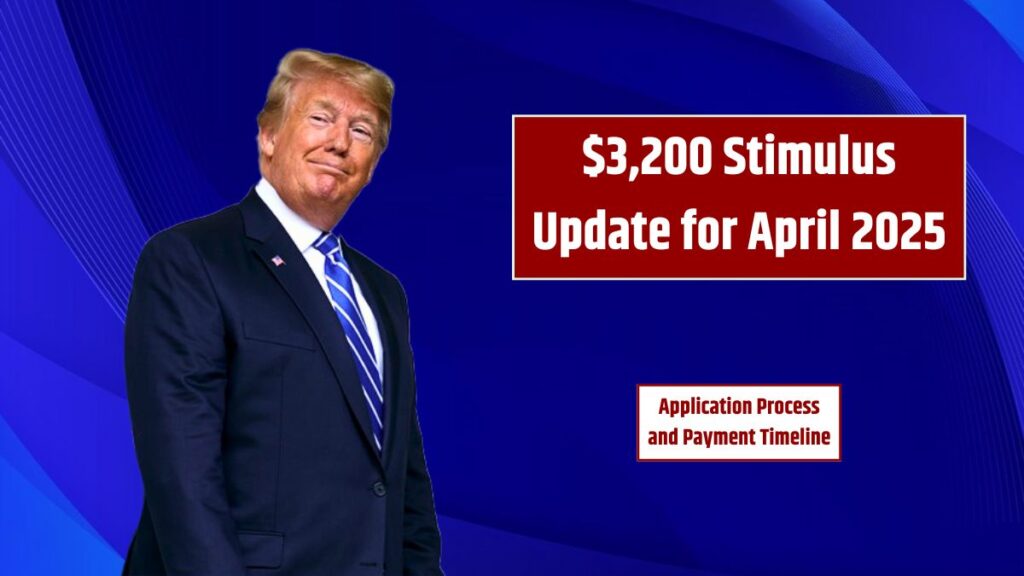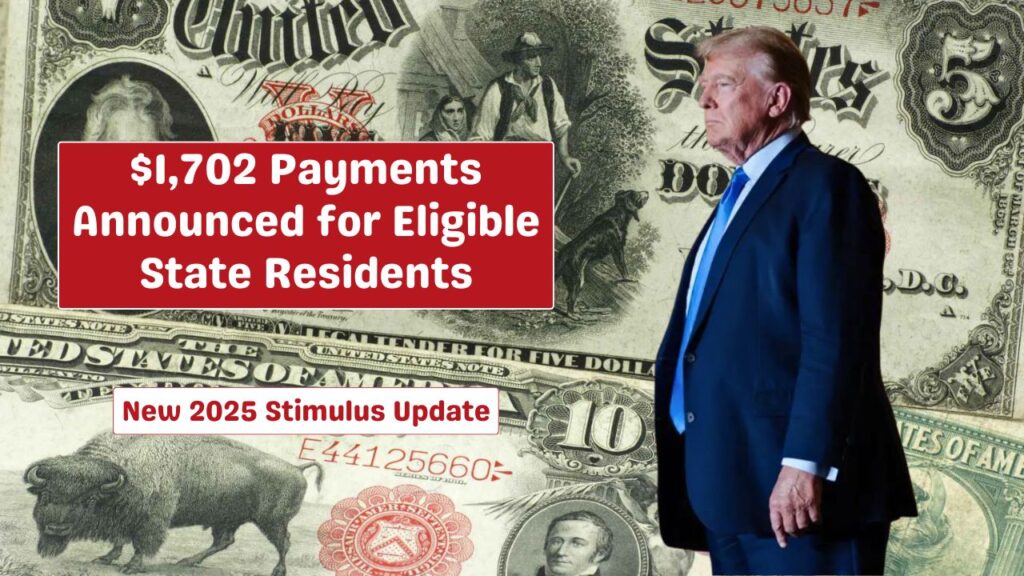The COVID-19 pandemic’s economic ripple effects continue to challenge many American households. In response, several U.S. states have implemented innovative monthly stimulus programs aimed at providing financial relief and fostering long-term economic stability. These programs focus on targeted support for low-income families, entrepreneurs, young parents, and other vulnerable groups, offering consistent monetary assistance that goes beyond temporary relief.
Here’s a look at how different states are addressing economic recovery through these programs.
Monthly Stimulus Programs Across U.S. States
California: Diverse Support for Families and Parents
California leads with several initiatives tailored to specific demographics, each addressing unique economic challenges.

- Long Beach Pledge Program: Launching in 2024, this initiative provides $500 monthly to 200 low-income families with children. The program runs for a year and aims to help these families achieve greater financial stability.
- Elevate MV in Mountain View: This program, active from December 2022 to December 2024, supports low-income parents with $500 monthly, helping them alleviate financial pressures.
- Sonoma County’s Pathway to Income Equity: Beginning in January 2023, this initiative offers $500 monthly to 305 families for two years, providing consistent support to improve economic conditions.
These programs demonstrate California’s multifaceted approach to economic recovery, focusing on regional needs and diverse demographics.
Michigan: Entrepreneurs and Maternal Health
Michigan has introduced specialized programs to bolster entrepreneurship and maternal health.
- Ann Arbor’s Guaranteed Income to Grow: This initiative supports low-income entrepreneurs, especially small business owners, with $528 monthly for two years, helping them sustain their ventures and strengthen the local economy.
- Flint’s Rx Kids for New Mothers: Aimed at new and expectant mothers, this program provides an initial lump sum followed by consistent monthly payments. By addressing the financial challenges of early parenthood, the program emphasizes the importance of stability during this critical stage.
These efforts underscore Michigan’s focus on building resilient communities and addressing specific economic vulnerabilities.
New Mexico: Support for Young Parents in Education
New Mexico’s Learn, Earn, Achieve Program in Santa Fe supports young parents attending Santa Fe Community College. Running from January 2024 to spring 2025, the initiative provides $400 monthly to 98 participants. By reducing financial barriers, it encourages educational attainment while supporting family stability.
New York: Comprehensive Aid for Low-Income Mothers
New York City’s Bridge Project is a permanent initiative launched in 2021. It provides $1,000 monthly to 1,200 low-income mothers, alongside additional health and developmental support services. By integrating financial aid with health programs, this initiative fosters long-term stability and well-being for mothers and their children, serving as a model for holistic assistance programs.
Washington: Fostering Resilience in Tacoma
Washington’s Growing Resilience in Tacoma program provides up to $500 monthly to low-income households, aiming to reduce financial stress and improve economic stability. Running through June 2025, the initiative focuses on bridging income gaps and promoting resilience among participants.
Key Benefits of Monthly Stimulus Programs
These monthly stimulus programs go beyond short-term relief by addressing systemic economic disparities and fostering long-term growth. Some of the key benefits include:
- Reducing Financial Stress: Consistent monthly payments help households manage essential expenses such as rent, groceries, and healthcare.
- Encouraging Entrepreneurship: Programs like Ann Arbor’s Guaranteed Income to Grow empower small business owners, supporting local economies.
- Promoting Education and Parenting Support: Initiatives like New Mexico’s Learn, Earn, Achieve Program provide young parents with the resources to continue their education while managing family responsibilities.
- Improving Health Outcomes: Comprehensive programs, such as New York’s Bridge Project, integrate financial assistance with health and developmental services to enhance the well-being of participants.
Conclusion
State-level monthly stimulus programs are reshaping how economic relief is delivered, prioritizing consistent and targeted support for those most in need. By addressing diverse challenges faced by families, entrepreneurs, and parents, these initiatives aim to foster economic resilience, stability, and equality in their respective communities.
FAQs
Are these programs available nationwide?
No, these programs are state-specific and target particular demographics, such as low-income families or entrepreneurs.
How can I apply for these stimulus programs?
Eligibility and application processes vary by program. Visit the official state or program websites for specific details.
Do these programs replace federal stimulus payments?
No, these state programs are independent of federal stimulus initiatives and are designed to address localized needs.
Why are the payments monthly instead of one-time?
Monthly payments provide sustained support, enabling recipients to manage ongoing financial challenges more effectively.
Can these programs expand to other states?
If successful, similar models may inspire other states to implement comparable initiatives.

















